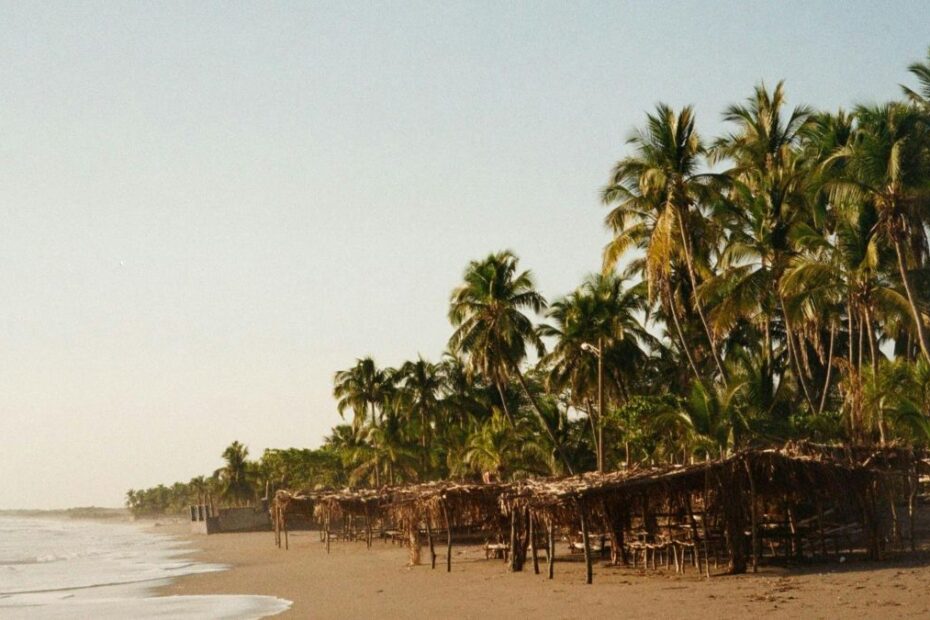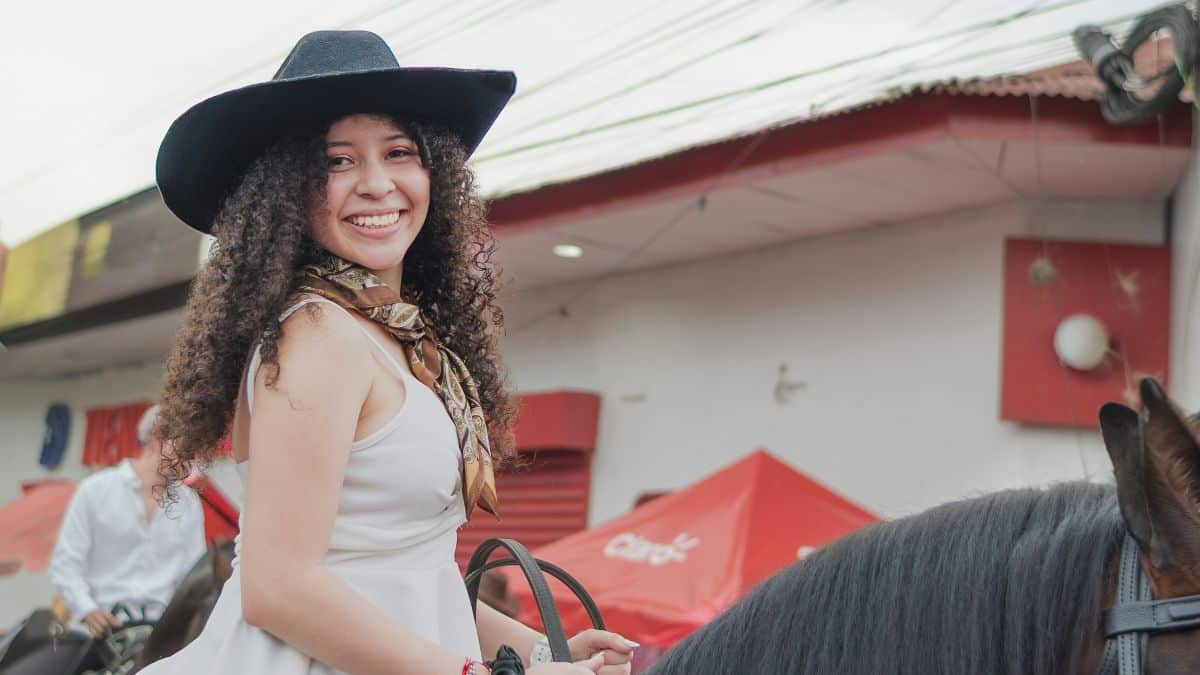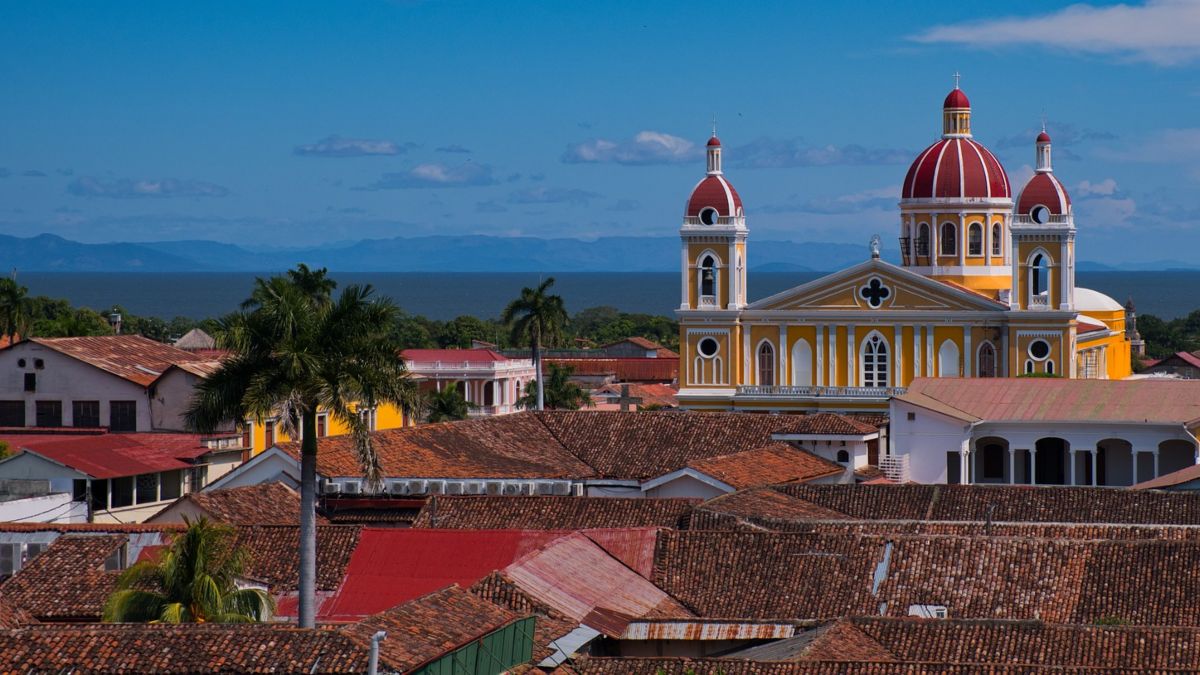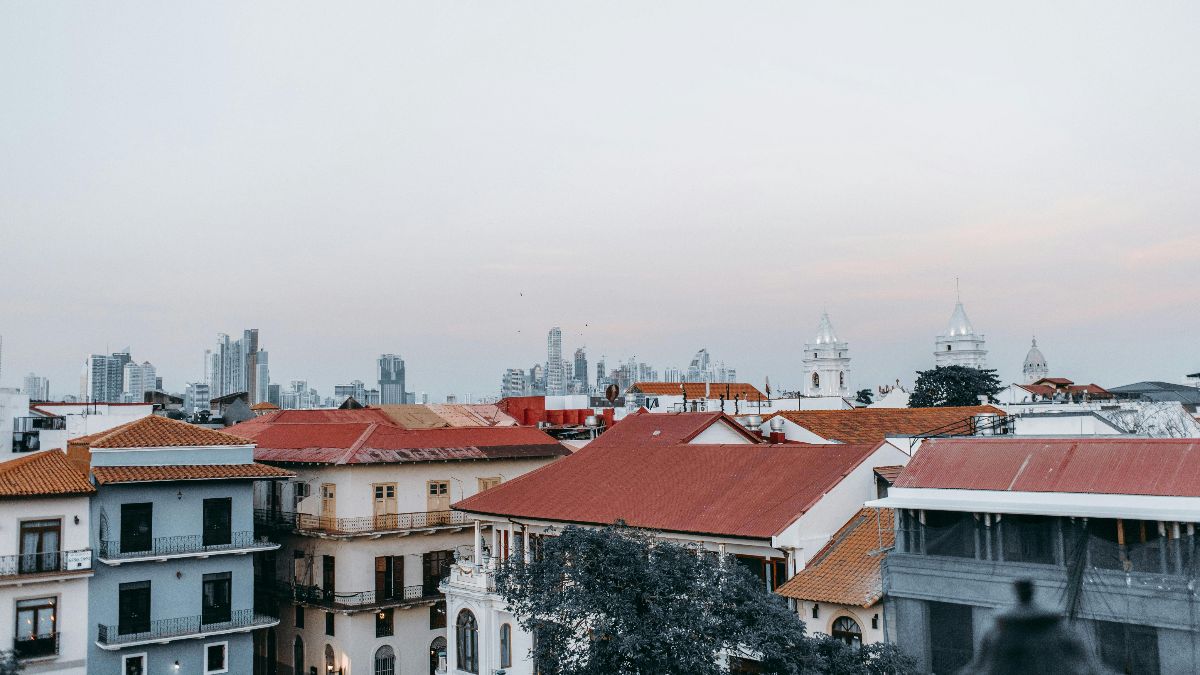This guide gives expats a clear view of the Nicaragua real estate market in 2025. It explains ownership laws, the buying process, taxes, financing options, and the areas where foreign buyers are most active. The goal is to help you understand how the market works so you can make informed decisions before investing.
As countries like Costa Rica, Belize, and Panama become more expensive, Nicaragua is attracting more attention from expats who want an affordable place to buy property in Central America. While the country is not as developed as some of its neighbors, it offers advantages that many expats see as harder to find elsewhere in the region. Prices are still relatively low in most areas, ownership law is straightforward, and there are few barriers to entry for foreign nationals.
There is no residency requirement for ownership, and property rights for non‑Nicaraguans are written into law. Restrictions do apply in certain locations, and the process still requires careful due diligence, but the fundamentals are clear. For those who understand the rules and prepare properly, buying real estate in Nicaragua can be a straightforward process.
In this guide, we look at where expats are buying in 2025, how the purchase process works, what taxes and fees to expect, and the practical points to keep in mind before embarking on a real estate search and closing on a property in Nicaragua.
Can Foreigners Buy Nicaragua Real Estate?
Foreigners can own property in Nicaragua outright in their own name. The Constitution guarantee equal treatment for foreign and local buyers. There are no restrictions on the type of property you can purchase with the exception of certain protected areas.
Nicaraguan law prohibits foreign ownership of land within five kilometers of the country’s borders or coastlines. This applies to both residential and commercial property. In these areas, foreign buyers use long-term leases of up to ninety-nine years instead of freehold titles. These leases can still allow construction and development when done in line with local regulations.
Although residency is not required, buying at least fifty thousand US dollars’ worth of qualifying property can make you eligible for an investor residency visa. This is an option for buyers who plan to stay for extended periods or wish to avoid regular visa renewals.
View this post on Instagram
Where to Buy in Nicaragua
Once you know it’s possible for foreigners to own property here, the next question is where you might want to buy. Nicaragua isn’t a one‑size‑fits‑all market. Some places feel geared toward long‑term residents, others are driven by tourism and rentals, and some still operate at a slower, more traditional pace. Each location has its own character, pricing, and practical realities. Below are some of the main areas where expats tend to focus their searches, along with a look at what you can expect in each.
Granada
Granada has long been one of Nicaragua’s most recognizable cities. The colonial architecture, colorful streets, and location on Lake Cocibolca make it stand out immediately. It’s compact and walkable, with good restaurants, coffee shops, and markets in the center. Apartments here can be found for around twenty‑five thousand U.S. dollars, smaller colonial homes start near sixty thousand, and more modern townhouses begin at roughly one hundred and eighty thousand. Large restored colonial houses and lakefront estates can go well into the millions. The market is steady, and there’s a solid expat presence, which makes it easier to integrate.
San Juan del Sur
If you’ve spent any time looking at Nicaragua’s Pacific coast, you’ve heard of San Juan del Sur. It’s the country’s main beach community, known for its surfing, sunsets, bay views, and lively social scene. The town itself is busy during peak season, but quieter for the rest of the year. Hillside homes start at about one hundred and fifty thousand U.S. dollars, and beachfront villas often exceed one million. For those interested in short‑term rentals, demand is strong during the high tourist season, though returns can drop in the off‑season.
Managua
The capital isn’t everyone’s idea of the perfect place to live, but it’s where you’ll find the country’s best healthcare, major shopping centers, and international schools. For expats who need reliable infrastructure or who work with the business and government sectors, it’s often the first choice. Apartments in better neighborhoods average about one thousand two hundred and thirty U.S. dollars per square meter, with houses closer to nine hundred and thirty. Rental yields in good areas run between eight and eleven percent, making it one of the stronger markets in the country for long‑term rentals.
León
León is less polished than Granada but has its own energy. As the country’s cultural center and home to the national university, it’s younger, more affordable, and busy year‑round. The architecture is still very colonial in the historic center, and the city has an active arts and music scene. Prices are generally lower than in Granada, but interest from both tourists and expats has been increasing. Proximity to Pacific beaches and activities like volcano hiking add to its appeal for those who want both city life and nature.
Tola and the Emerald Coast
This part of Nicaragua’s southwest coast has been getting more attention in recent years. It’s home to luxury developments such as Rancho Santana and Guacalito de la Isla, as well as some of the country’s best known surf spots. The area attracts higher‑end buyers looking for secure communities with full amenities. Prices are at the upper end of the national market and continue to rise, driven by both domestic and international demand.
Inland Mountain Towns
If your idea of Nicaragua doesn’t involve heat and humidity, the northern highlands are worth a look. Towns like Estelí and Matagalpa offer cooler weather, a strong coffee‑growing tradition, and a quieter pace. Property prices here average about six hundred and fifty U.S. dollars per square meter, far lower than what you’ll find in the coastal or colonial cities. These towns don’t have the same tourist infrastructure, but they are appealing to buyers interested in agriculture, eco‑projects, or simply more rural living.
How the Buying Process Works
Buying property in Nicaragua is generally straightforward, but it is not something to rush. Without a multiple listing service, prices vary widely and not all listings are up to date. The best approach is to spend time on the ground, understand the going rates in your chosen area, and find a reputable local agent.
Once you have a property in mind, hire an independent lawyer. Their role is to confirm that the title is correct, the boundaries match the cadastral map, and there are no outstanding taxes or liens. They will request a solvency certificate from the municipality and a no lien certificate from the Public Registry. If needed, they will also arrange an updated survey approved by the cadastral office.
You will need a Nicaraguan tax identification number, known as a RUC, to complete the purchase. Your lawyer can obtain this for you. When both parties agree on terms, it is common to sign a Promesa de Venta, which sets out the price, the conditions, and requires a deposit of around ten percent, held in escrow.
Closing usually happens within thirty to sixty days. The transfer of ownership takes place when the escritura pública, or public deed, is signed before a Nicaraguan notary on official legal paper. Registration with the Public Registry, cadastral office, and tax office follows, which can take several months to complete.
Taxes and Fees
Transfer tax is calculated on a sliding scale, from one percent for properties up to fifty thousand US dollars to seven percent for properties above five hundred thousand. The seller usually pays this, though it can be negotiated.
Registration tax is one percent of the property’s value, capped at one thousand US dollars, and is normally paid by the buyer. Annual property tax, called the Impuesto de Bienes Inmuebles or IBI, is about one percent of eighty percent of the cadastral value, paid in arrears. Municipalities such as San Juan del Sur and Tola also add a one percent local transaction tax.
Legal and notary fees are generally between one and a half and two percent of the sale price. Real estate agent commissions are usually between five and ten percent and are most often paid by the seller.
Financing Options
Some local banks offer mortgages to foreign buyers, but interest rates are often between eleven and fifteen percent and the requirements can be strict. These may include providing residency documents or extensive financial records.
Many foreign buyers opt for cash purchases or financing from their home country. Owner financing is also common, with down payments in the range of forty to fifty percent, repayment terms of two to five years, and interest rates between zero and six percent. Cash purchases tend to provide better negotiating leverage and a faster path to closing.
Practical Advice
The basics are simple. Have good legal representation, take your time, and check everything. That means verifying the title, confirming cadastral boundaries, and making sure all taxes are current before any money changes hands. Escrow services are essential for deposits and final payments.
If you’re buying in a coastal or border restricted area, know exactly what your lease terms allow and what you can build. For long term security, consider making a Nicaraguan will. The country does not keep a public registry of wills, which can make inheritance issues more complicated.
Buying in Nicaragua real estate works best for those willing to prepare and proceed carefully. The lack of residency requirements for ownership opens the door to a wide range of buyers, and the legal protections for foreign owners are clear. While you need to respect the location restrictions and understand the pace of the market, the opportunities are there. In the right area, with the right team around you, owning property here can be both practical and rewarding.



